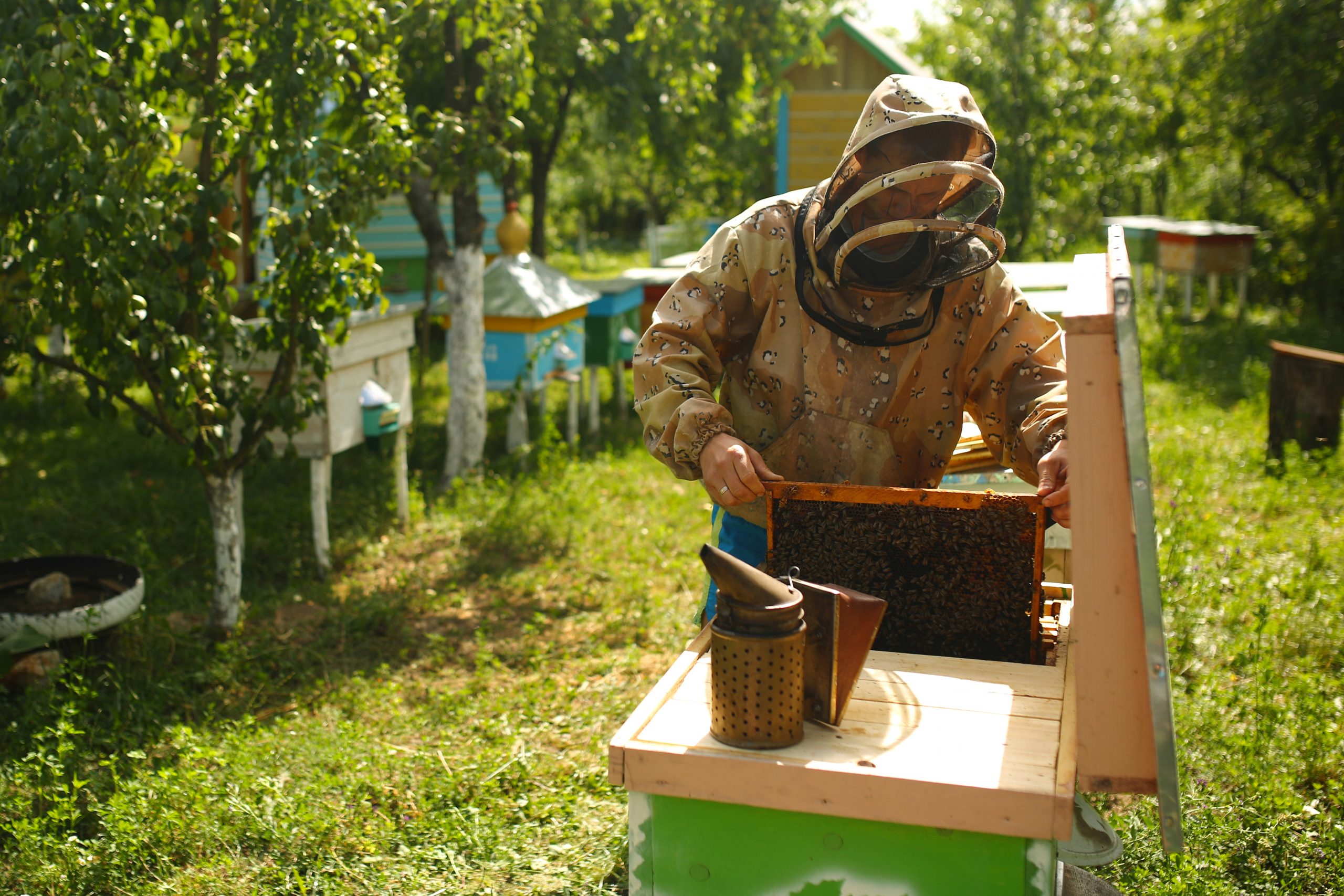Backyard Beekeepers: Key to the Honeybee Crisis?
June 23, 2016
Bee Colony Collapse, Honey, Honey Bees
As the years have gone on, the US and many other countries have seen honeybee colonies decline at increasing rates per year, sometimes up to 44 percent, with causes linked to pesticides, diseases, mites, malnutrition, and colony collapse disorder (CCD). With such losses becoming well known among the general population, many states have seen increases in registered beekeepers—Pennsylvania in particular has seen more than 1,000 new beekeepers register since 2014, increasing the number of state beekeepers by one third. Most of these new beekeepers are what some call "backyard beekeepers."
Even though these beekeepers are hobbyists with ten or fewer colonies, they’re helping fill the gap left by declining or collapsed wild colonies, according to Charles Vorisek, president of Pennsylvania’s State Beekeepers Association. "They're spread out in such a way that it really is an advantage to local agriculture because they somewhat replace feral colonies that we don’t find anymore.” On the other hand, James Frazier, a Penn State entomologist, is skeptical of the impact these backyard beekeepers have. "There is so much ground to make up. I can't be more optimistic in light of the fact we have a few more beekeepers in the business."
The increase in Pennsylvania beekeepers reflects the national trend, with honeybee colonies rising from 2.4 million in 2006 to 2.66 million in 2015, according to the USDA. And while the number of colonies has risen considerably, beekeepers are now required to put more time, effort, and money into maintaining colonies. This is because honey prices have doubled since 2006 as well as pollination fees—what beekeepers charge farmers to pollinate their fruit and nut trees. As well, honeybee colonies are still dying off in winter due to CCD and other factors at alarming rates, which has no small economic effect on beekeepers. "They’re spending all their time and resources replacing the 30 to 40 percent [of hives] lost every year," Frazier says. "We're on the cusp of losing a lot of beekeepers—big ones."
Honeybee colonies have increased in Pennsylvania from 41,000 to almost 63,000 in two years, which Frazier attributes to backyard beekeepers, but he believes their limited number of colonies will have a comparatively small impact. Frazier believes policy changes will have a greater impact on the fight against collapsing and lost colonies, such as compensating beekeepers for losses, changes to EPA pesticide registration and risk assessment, and stronger EPA pesticide limits. "All of those are so far behind where they should be," Frazier says.
Despite the crisis’s severity, Frazier does believe backyard beekeepers can positively impact honeybees. "I would say the more important role they’re playing is spreading the word about the problems with bees." These beekeepers have the chance to increase support for understanding honeybee problems and the role pesticides and varroa mites play in those problems—and, as Frazier puts it, “the fact that our government is paying very little attention to the relative magnitude of the problem [the honeybee crisis] represents."


.jpg)




